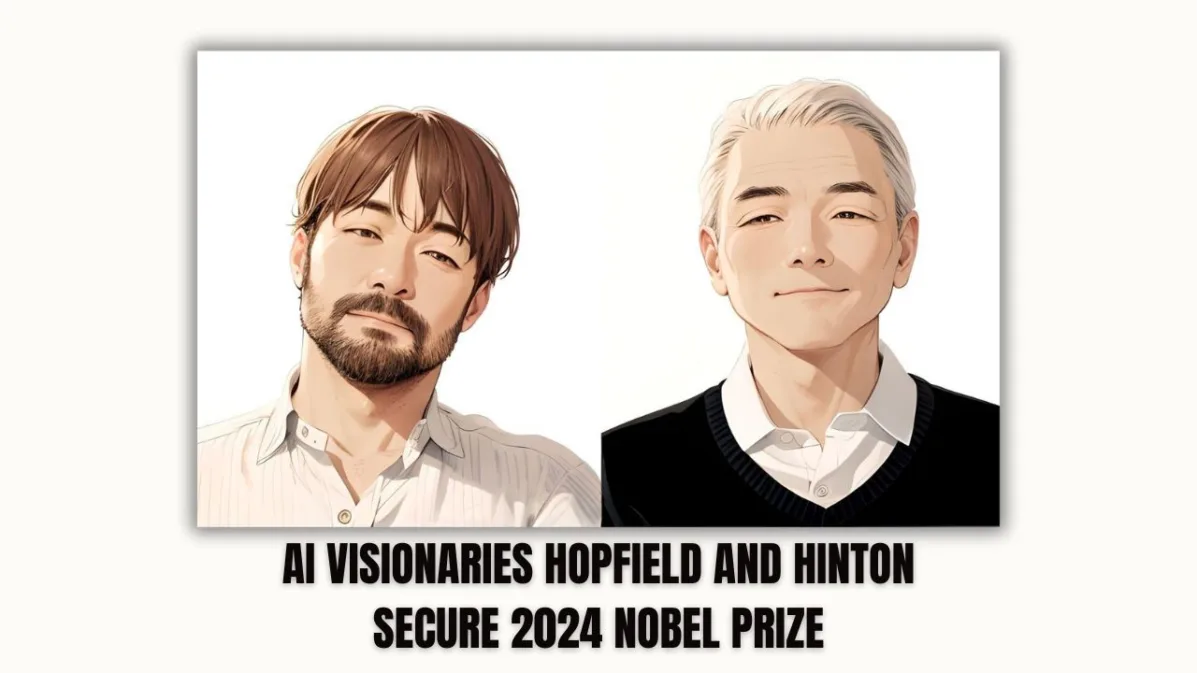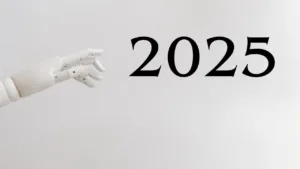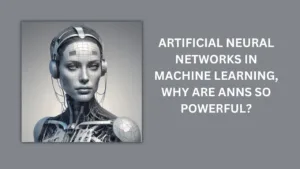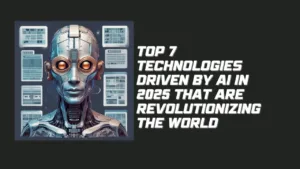John Hopfield and Geoffrey Hinton have won the 2024 Nobel Prize in Physics. This award celebrates their revolutionary contributions to neural networks, a key part of AI technology. While both are revered figures in the AI community, their work’s roots in physics show the deep connection between computational systems and physical science.
A Journey from Physics to AI
The Nobel committee honored Hopfield and Hinton for their discoveries that bridged the gap between physics and AI. Hopfield, 91, is best known for the Hopfield Network, an artificial neural network model that simulates brain processes and has been fundamental to pattern recognition and data storage tasks. Hinton, 77, took this work further, developing models like the Boltzmann Machine. This model is crucial for AI tasks such as image recognition and has become central to modern AI applications. Their combined work laid the foundation for the AI-driven world we now live in.
The Influence of Neural Networks on AI
Hopfield and Hinton’s research in the 1980s might have seemed niche at the time, but it became the blueprint for much of today’s machine learning technologies. Neural networks, which mimic how the human brain processes information, are now a central component in various AI applications, from healthcare diagnostics to self-driving cars. Hinton, in particular, is known as the “godfather of AI,” having also influenced the popularization of deep learning algorithms.
The Broader Impact: Transforming Industries
The impact of their work isn’t confined to the academic sphere. Neural networks have become tools used by multiple industries. In the field of medicine, for instance, these models help predict patient outcomes by analyzing vast amounts of data, leading to earlier and more accurate diagnoses. They also play a significant role in finance, where they’re used to predict stock movements, and in technology, where companies rely on these networks for speech recognition and autonomous systems.
Hinton’s Cautionary Message on AI
Despite these massive technological advancements, Hinton has become one of the leading voices urging caution in the development of AI. In 2023, he made headlines by resigning from his position at Google to speak out against the unchecked progress of AI, emphasizing the risks of powerful AI models in the wrong hands. While he has contributed significantly to advancing AI technology, Hinton now advocates for more stringent regulations to ensure it develops safely.
Frequently Asked Questions
What is a Hopfield Network?
A Hopfield Network is a form of neural network developed by John Hopfield. It’s designed to mimic the brain’s way of storing and recalling memories. It’s particularly useful for recognizing patterns, such as identifying specific images or data points.
What is the significance of Hinton’s Boltzmann Machine?
The Boltzmann Machine, developed by Geoffrey Hinton, is an advanced neural network that can uncover hidden features in data autonomously. It’s especially effective for tasks like image recognition and data generation, and it laid the groundwork for today’s deep learning systems.
Why did Hinton become critical of AI?
While Hinton was instrumental in advancing AI, he later became concerned about its rapid, unchecked growth. He has warned that powerful AI systems could pose risks if they’re not regulated properly, especially as they become more integrated into daily life.
How is physics connected to AI?
Both Hopfield and Hinton’s work are based on principles from physics, particularly in how particles behave and how patterns emerge in data. This has allowed them to create neural networks that can mimic brain functions, which are now used extensively in AI.
Conclusion
The 2024 Nobel Prize in Physics for John Hopfield and Geoffrey Hinton is a fitting acknowledgment of their transformative work in neural networks. What started as theoretical research has become the backbone of AI technologies that shape modern industries, from healthcare to transportation. At the same time, their achievements remind us of the responsibility that comes with powerful technological advances, as highlighted by Hinton’s cautionary stance on the future of AI. The balance between innovation and ethical development will be critical as AI continues to evolve.





